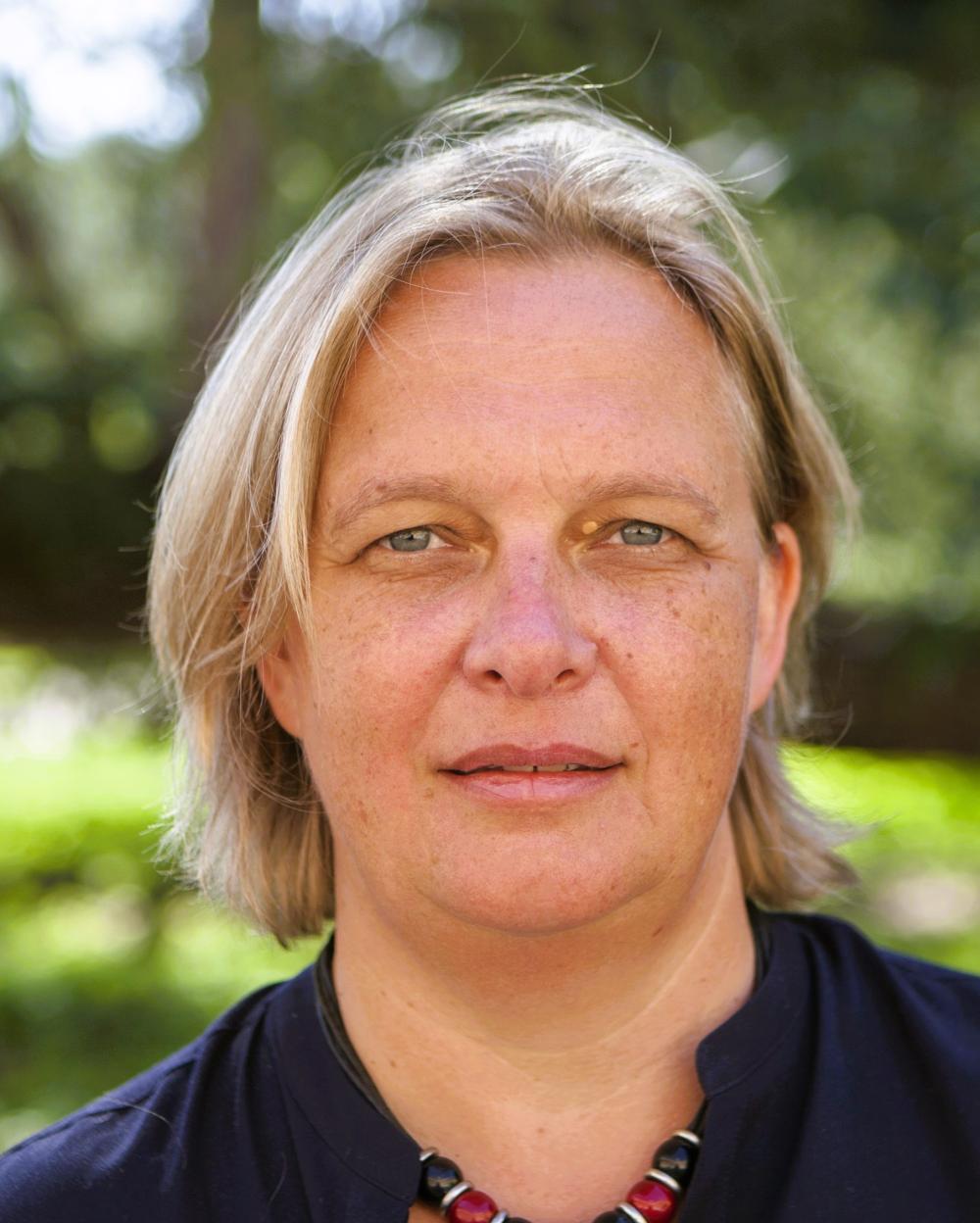Meet Professor Regina Grafe, Professor of Economic History (1928)
I am an economic and social historian of the Iberian world before 1820. My research engages with theoretical and methodological approaches in global history and the history of capitalism, and focuses mostly on the comparative study of political, fiscal, commercial, and financial institutions. Before joining the Faculty, I was a professor at the European University Institute in Florence, after a career as a wondering woman academic at Carlos III, the LSE, Oxford, and Northwestern University.

In recent years, it has become clear that capitalism came in many varieties long before the advent of the welfare state in the 20th century. I have encountered this when looking at commercial institutions across Europe in the early modern period. They all drew on a common ‘toolbox’ of trading and financial institutions and practices well known across the continent and often beyond. And yet, in each place the precise combinations that came to regulate how traders interacted and contracts were written (or not), litigated (or moderated), and infractions punished (or compensated) differed.
I call this a ‘Market for Institutions’, and surprisingly, this diversity and collaboration between traders and in the rules they used was often the key to the development of capitalism, much more so than competition between them. It also mattered crucially for the history of early modern European Empires, including the Spanish. Political and economic historians have written the story of Europe’s hegemony as one that turned intra-European military and economic competition into extra-European expansion. Continuous warfare in Europe and naval raids on the coasts of Asia, Africa, and Latin America suggested this much, as did historians’ fascination with them.
But when one digs deeper the picture changes. Take the legal foundation for the early trans-Atlantic slave trade. The contracts used since the later sixteenth century to remove by force hundreds of thousands of enslaved people from Africa to Iberian America drew on the legal expertise of cutting-edge traders from Flanders, the Germanies, Genoa, Portugal, Spain, France, and eventually England. They were pan-European (and their legacy is a pan-European responsibility). Similar processes happened in colonial fiscal systems and trade regulations. Being able to choose from a list of practical legal and commercial solutions allowed European empires to establish markets and political hegemony in vastly diverse cultural, legal, religious, and socio-political environments. There was a fiscal, financial, or trading tool in the box for almost every place, and all Europeans used them, often ruthlessly.
Once a combination of these tools was established, however, it could take a life of its own. My new project ‘And since men are mortal, but debt is eternal…’ looks at the credit system that underpinned the colonial economy. I focus on Lima, Buenos Aires, and Mexico City, and seek to understand how religious endowments became sophisticated lenders. That most of the credit decisions were made by cloistered women (not the usual suspects) has obscured the fact that credit was plentiful and cheap. But there also may have been too much of a good thing. While the nuns (and some of the friars) ran successful financial operations for 250 years, easy credit may have turned into a problem as larger and larger parts of colonial society became precociously financialised. I am very much looking forward to discuss with and learn from students and colleagues in working on these themes in the future.
